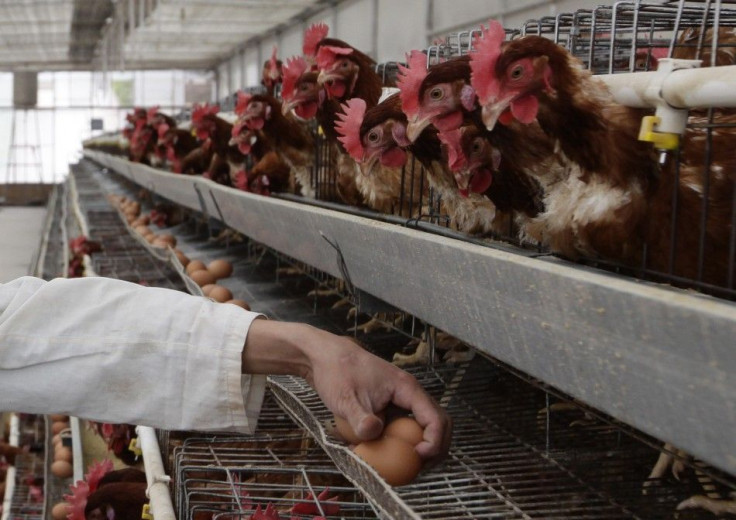PETA Ridiculed For Tweet Condemning Animal Insults, Saying Humans Aren’t Superior
The People for the Ethical Treatment of Animals (PETA) was given a lesson in semantics online this week after characterizing words such as “snake” and “chicken,” commonly used as insults, as a form of discrimination against animals.
PETA took to Twitter on Tuesday to suggest using animal names as insults was a form of oppression.
“Calling someone an animal as an insult reinforces the myth that humans are superior to other animals & justified in violating them,” the animal rights group stated. “Stand up for justice by rejecting supremacist language.”
Instead of sloth, for example, PETA, which described the language as "speciesism," recommends the word “lazy.” Instead of snake, try “jerk,” the group suggested.
That message, which has over 11,000 replies to date, was widely criticized online.
6 years vegan, please stop making us look ridiculous.
— Jessica (@jessicakeogh) January 26, 2021
One Twitter user, Stephen Rose, said “snake” and “jerk” were not synonymous.
Another user, Jonah Sandford, pointed out that “coward,” PETA’s suggested alternative for “chicken,” has the word “cow” in it.
Founded in 1980 and responsible for legislation against animal cruelty, PETA was seemingly undeterred. The group argued the notion that animal names, like chicken, carry some sort of negative connotation that can lead to violence against animals.
“PETA urges everyone who believes in equality and justice to take a look at their personal beliefs and the language they use, and break free of this outdated mindset that denigrates other animals,” it stated in the Twitter thread. “Always be kind and consider not using insults at all.”
In a follow-up post on Thursday, PETA asked Merriam-Webster and Dictionary.com to revise their "derogatory" definitions of pigs, snakes, and dogs.
Animal-related slurs used to debase humans reinforce inaccurate & harmful characterizations of animals.
— PETA (@peta) January 28, 2021
PETA is asking @MerriamWebster, @Dictionarycom, & others to help combat speciesism & reduce animal abuse by removing derogatory definitions of pigs, snakes, & dogs. pic.twitter.com/w9KXoTk0vl

© Copyright IBTimes 2024. All rights reserved.





















